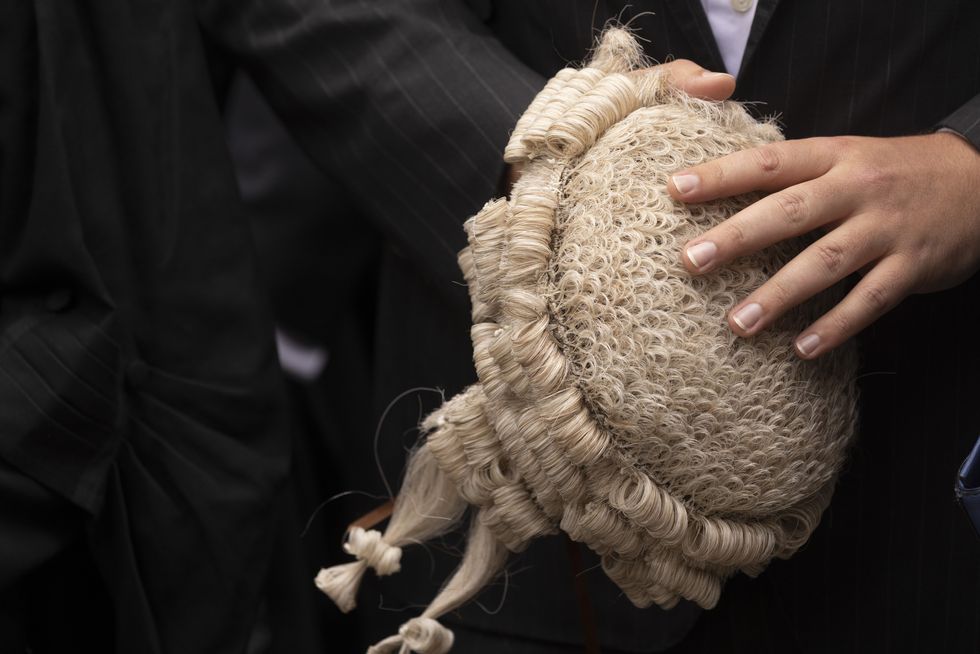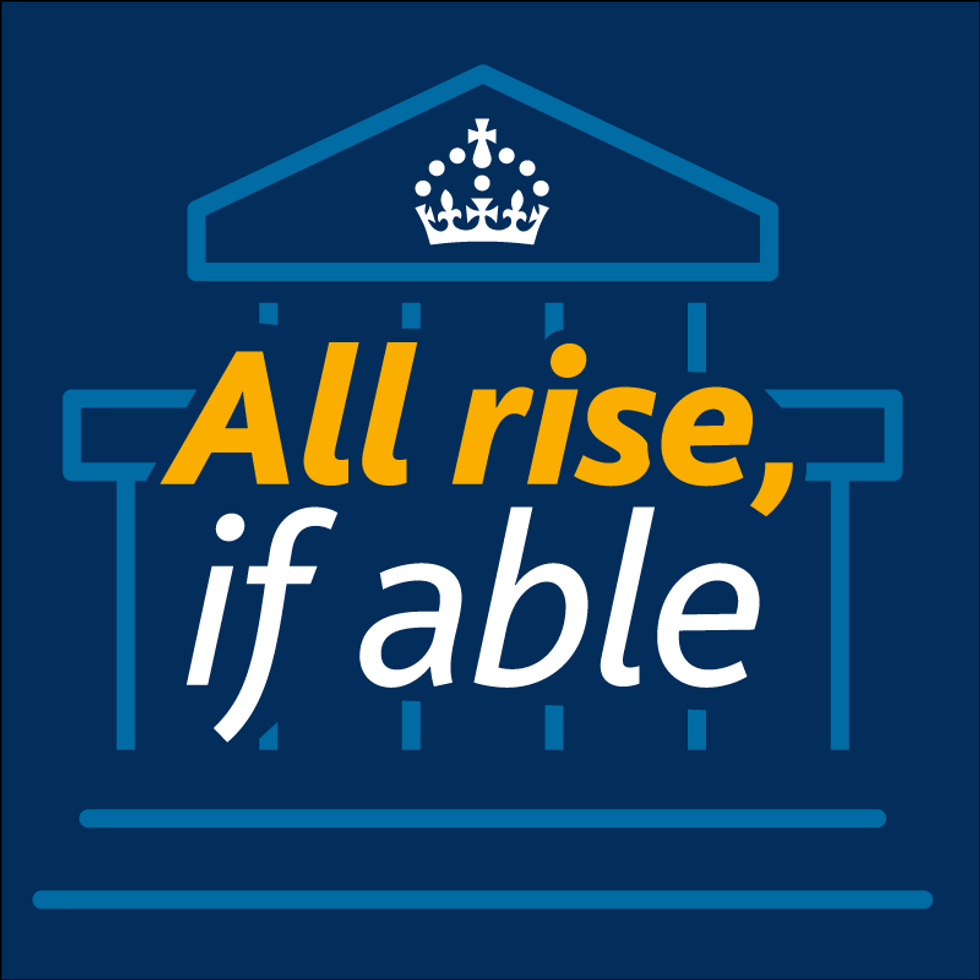Centuries-old court tradition to be replaced with 'woke' alternative to be 'more inclusive'

We have doctors infected with a woke mind virus, says Matthew Goodwin |
GB News
Deputy Reform UK leader, Richard Tice, said it's 'another tradition trashed to the god of wokery'
Don't Miss
Most Read
The centuries-old tradition of court officials announcing "all rise" when judges enter courtrooms in England and Wales is being replaced with a more inclusive alternative: "All rise, if able".
Believed to be the first alteration to a tradition dating back to medieval times, the change will be introduced across all courtrooms in the coming weeks.
Officials in charge of courts have decreed the modification to help create "a more welcoming environment" for defendants, witnesses and members of the public who may be disabled.
According to internal messages sent to courts last month, the new announcement aims to make hearings "more inclusive".
Court staff will make the statement regardless of whether any disabled people are present in the courtroom.
 Court officials will announce 'all rise, if able' rather than 'all rise' | GETTY
Court officials will announce 'all rise, if able' rather than 'all rise' | GETTYAccording to an internal memo, the change was proposed by HM Courts and Tribunals Service to "demonstrate a willingness to make reasonable adjustments for physical disability".
The document explained that the new wording would "help to create a welcoming environment for all those who attend hearings in courts and tribunals, particularly those who may face challenges on grounds of disability".
It added: "In some types of hearing, there is no requirement to stand when the judicial office holder enters, but still on occasions, people present in the court or hearing room do stand.
"In these circumstances, HMCTS staff and judicial office holders are encouraged to use an appropriate version of the above announcement to inform those present that they are not required to stand."

Richard Tice called the move 'another tradition trashed to the god of wokery'
| PAThe tradition of saying "all rise" has deep historical roots, originating in the royal courts of England approximately 1,000 years ago.
During this period, judges were viewed as representatives of the monarch's justice. They often carried a Bible when entering the courtroom.
Standing demonstrated respect for the judge and the Bible, which represented the law, and ultimately for the King or Queen.
This practice has endured through the centuries as a sign of deference to the court's authority and the judicial system.
LATEST DEVELOPMENTS

'All rise, if able' will be stated even if no one in the courtroom is disabled
|Crown Prosecution Service/X
The change has, however, upset traditionalists who have described it as "unnecessary virtue-signalling".
Conservative MP, Jack Rankin said: "Changing a legal convention which dates back to mediaeval times to be supposedly more inclusive is totally unnecessary virtue-signalling.
"For centuries, people who are unable to literally rise have been present and partaken fully in the business of Britain's courts."
Deputy Reform UK leader, Richard Tice, stated: "Another tradition trashed to the god of wokery. What a ludicrous waste of time and energy reviewing this sort of nonsense."










